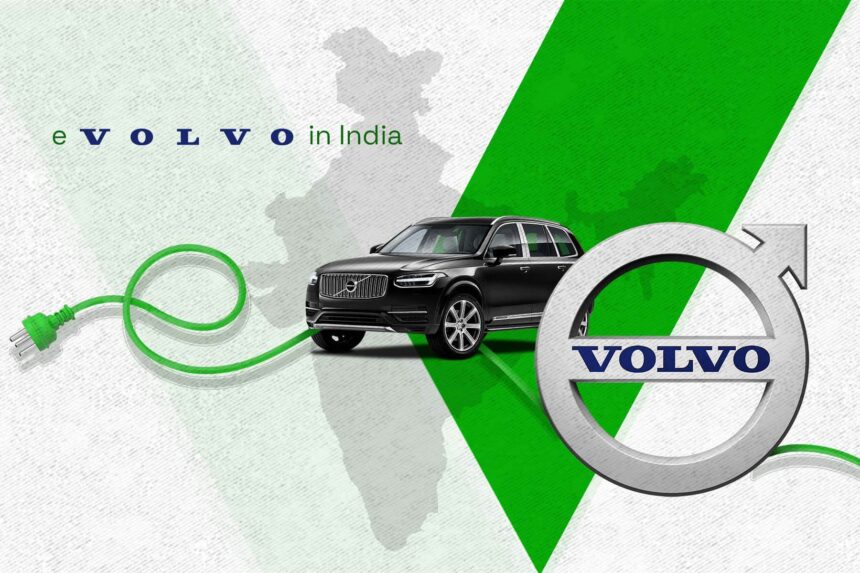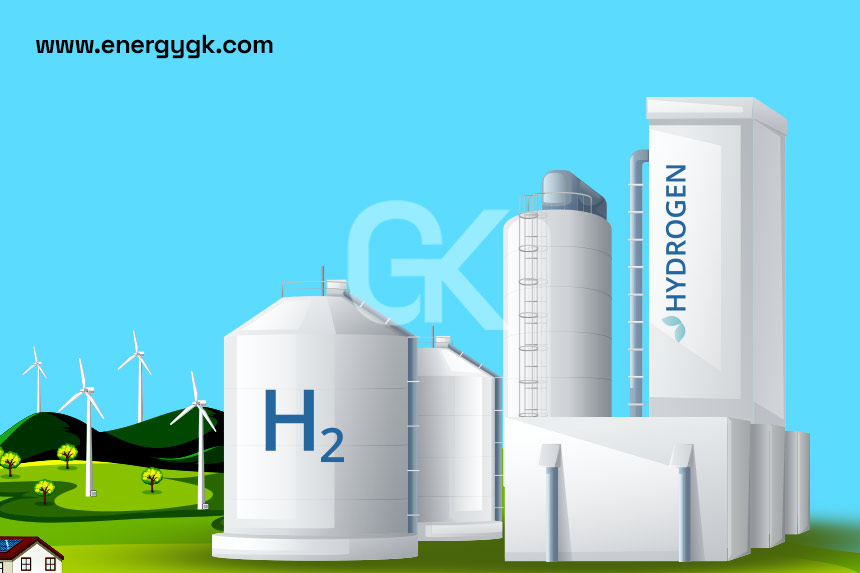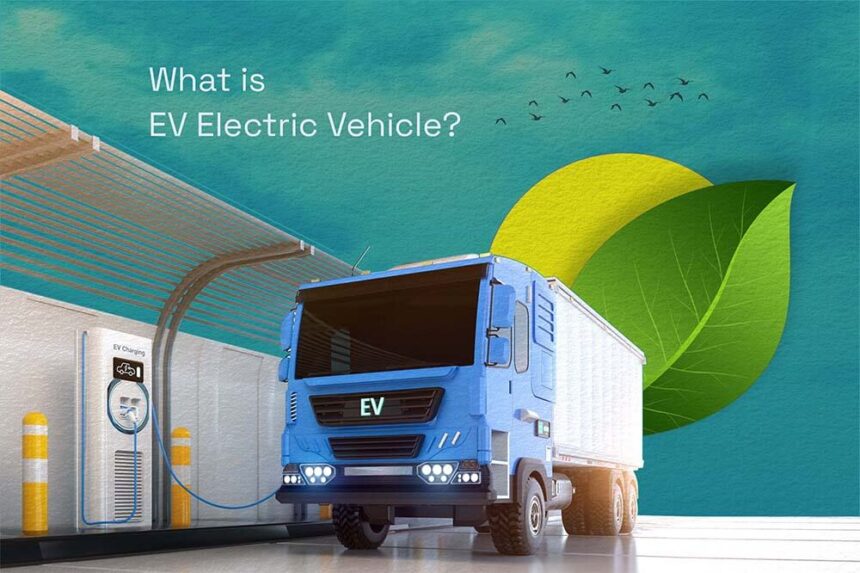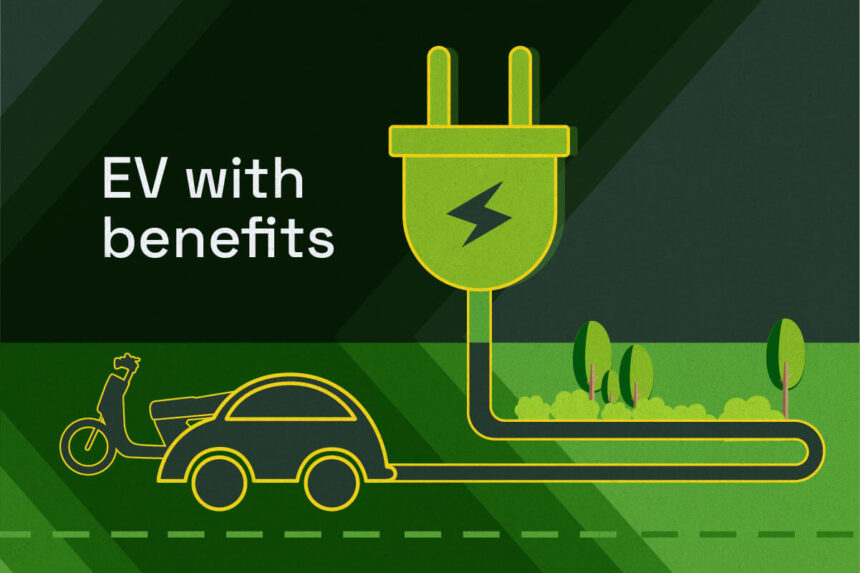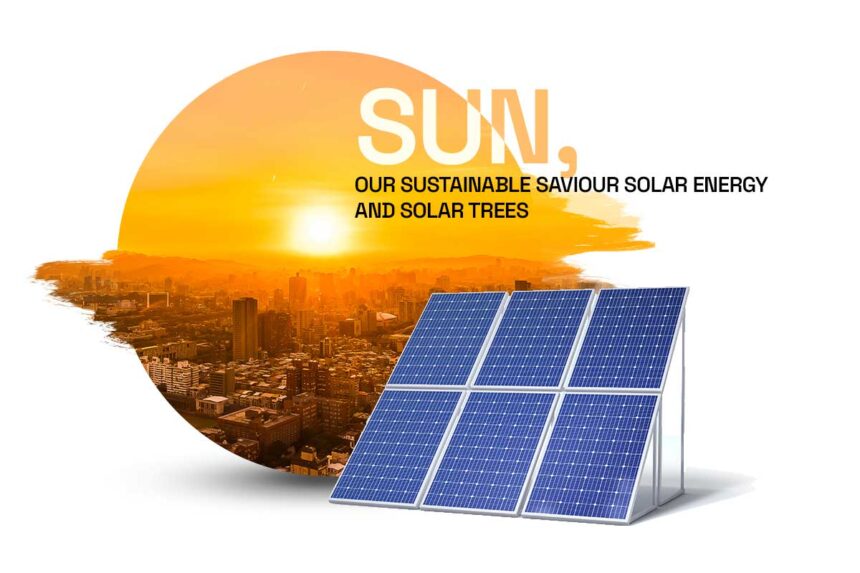Latest announcement
India is one of the top finalists for the location of a new electric vehicle production facility that Volvo is considering for Asia.
The location of the new EV manufacturing facility has not yet been decided, according to Jim Rowan, CEO of Volvo Cars Global. However, Southeast Asian nations and India are being taken into consideration.
Rowan added that in addition to serving the home market, the new facility will also need to supply foreign nations. As a result, the organisation will consider both the cost and value trade-offs while also favouring a robust logistical network.
By the end of the decade, Volvo wants to be a 100% electric brand. For the foreseeable future, the automaker intends to introduce one new EV per year. Volvo introduced the XC40 Recharge in India last year, and it is currently preparing to unveil the C40 Recharge.
The latest announcement makes us reflect on the significance of electric vehicles in the Indian market and their estimated growth in the near future while taking into consideration government initiatives and accomplishments.
Growing significance of electric vehicles in the Indian market
Making ecologically responsible decisions and combating climate change are crucial given the rise in global warming. EVs are one such environmentally responsible option. The global car industry is undergoing a paradigm shift as it tries to switch to alternate, less energy-intensive solutions. The rise in oil import prices, rising pollution, and worldwide commitments to combat global climate change are some of the main reasons behind India’s recent actions to quicken the switch to e-mobility. At the Conference of the Parties 26 (COP26) Summit, India vowed to work towards the aspirational goal of having at least 30% of private vehicles be electric by 2030.
The current state of the EV market in India and its long-term objectives
Although the global auto sector is now rated fifth, experts predict that it will rise to third by 2030. India is the world’s largest producer of tractors, buses, two- and three-wheelers, and buses, as well as the world’s second-largest producer of buses.
At present, India’s Gross Domestic Product (GDP) and 49% of its manufacturing GDP are both contributed by the automobile industry. This indicates that the nation’s economy will be adversely impacted. This means that various auto ancillaries and related sectors will grow with the EV industry in the next few years as they keep up with the trends.
The Indian automobile sector is worth about 222 billion dollars, and the country’s EV market is anticipated to reach $2 billion in sales by 2023 and $7.09 billion by 2025. Additionally, 8% of all exports from the country come from the automotive sector. 40% of the $31 billion in global research and development expenditures [Research and Development (R&D) Wing] are accounted for by this sector.
As of August 2022, there were 13, 92,265 electric vehicles on Indian roads (data by the Ministry of Road Transport and Highways, India). There will probably be 45–50 million more EVs on the road by 2030.
The automobile industry currently employs over 37 million people, and by 2030 it hopes to create 50 million direct and indirect jobs.
Between 2022 and 2030, the EV market is projected to develop at a compound annual growth rate (CAGR) of 49%, reaching 10 million annual sales.
The sector received $32.84 billion in equity inflows from FDI between April 2000 and March 2022, or 6% of all FDI in stocks during that time.
Government programmes and accomplishments in this field
The following actions were taken to accelerate the growth of the Indian EV market:
First, in order to increase EV demand and achieve the aspirational objective, numerous traditional automotive players and oil firms are making significant investments. To name a couple, Indian Oil Corporation announced its plans to build 22,000 EV charging stations over the course of three to five years, and Skoda disclosed its intention to develop EVs locally in India starting in 2021.
In addition, the Indian government has been putting in place a number of programmes to support the expansion of electric mobility, such as 100% FDI through the automotive route in the EV space, incubator programmes, shared facilities for prototyping and small-scale manufacturing, financial support through the Credit Guarantee Scheme for Start-ups (CGSS), tax breaks, and consumer subsidies.
Furthermore, in 2021, funding for EV start-ups increased by around 255%, reaching a record high of $444 million. For instance, the EV companies that obtained the most funding in 2021 were Ola Electric ($253 million), Blusmart ($25 million), Simple Energy ($21 million), Revolt ($20 million), and Detel ($20 million). The Indian EV ecosystem consists of about 500 firms that span the whole EV value chain, with 63% of these start-ups being purely focused on manufacturing.
Lastly, the Manufacturing Linked Incentive (PLI) programme for the automotive industry (with a $3.5 billion budget) recommends financial incentives of up to 18% to promote domestic production of high-tech automotive products and attract capital to the industry’s value chain. The PLI programme encourages indigenous EV battery production and reduces dependency on imports. As a result, EV prices will drop significantly, and the EV sector will have the infrastructure it needs to thrive.
In the EV sector, India has already met one of the benchmarks. Bharat Heavy Electricals Limited (BHEL) has installed 20 solar-powered EV chargers on the highway connecting Delhi and Chandigarh, making it the first in the country to be e-vehicle friendly. In the financial year (FY) 2022, India’s total number of charging stations increased by 285% year over year; aggressive government action is anticipated to hasten the expansion to 4 lakh stations by FY 2026.
Conclusion
Therefore, due to the aforementioned factors, India is the most appropriate and befitting host of a global Volvo EV plant.


